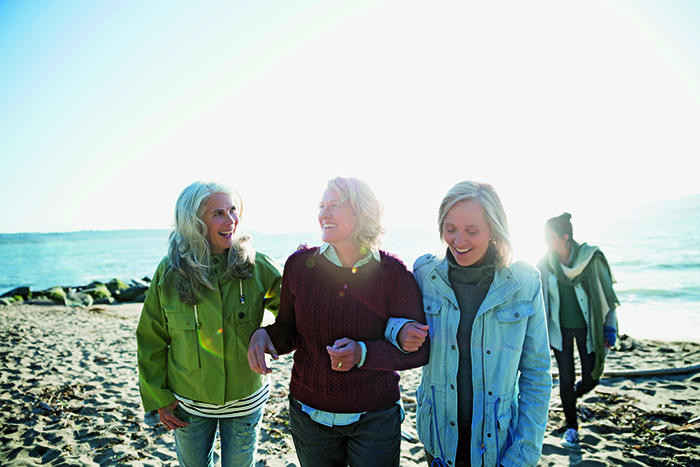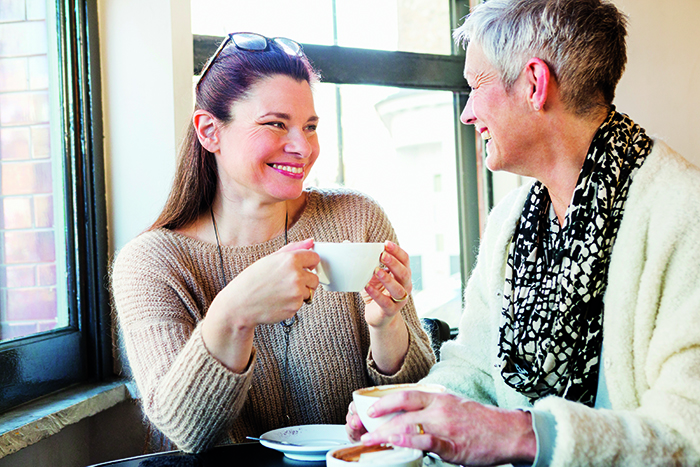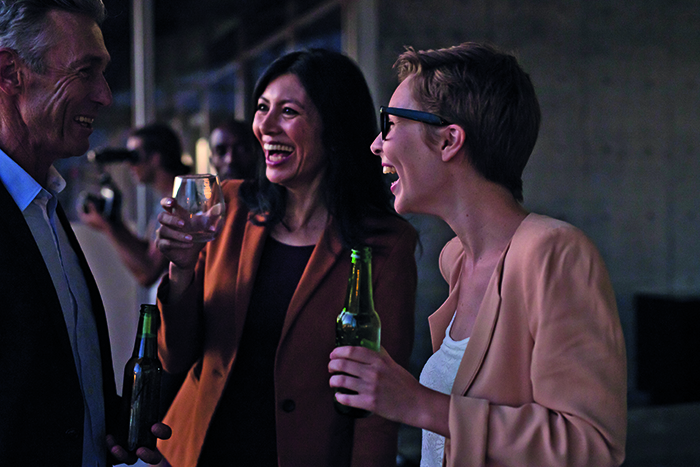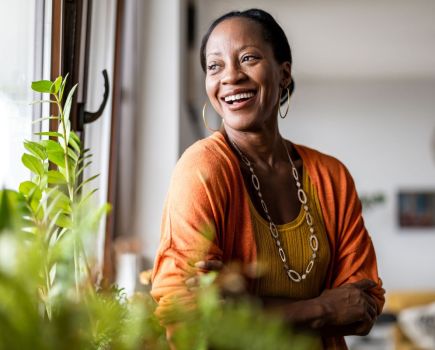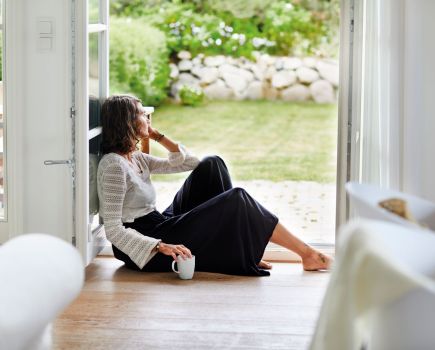Our resident GP Dr Rangan Chatterjee, star of BBC One’s Doctor In The House, says a sense of community helps us all live longer.
Christmas is when you typically get together with relatives, friends and work colleagues and those times spent with others are more important than you realise. Increasing your connections to family and the wider community improves your health. We only need look at the world’s ‘blue zones’ – places with high rates of longevity – for examples of this. Think of the inhabitants of Japan and Sardinia. While they may eat different diets, they share a strong sense of community. Families sit together to eat and elders are not left on their own. Across multiple cultures, we see mortality decrease when social integration increases.
Social media doesn’t help with loneliness
We can all allow thing to get too busy, meaning we see or speak to friends and family less than we once did, as life ‘gets in the way’. There’s always another e-mail to send or message to post on Facebook or Twitter. And while social media may give the illusion of connection, we have to ask ourselves how meaningful these interactions are? Phone calls are preferable and face-to-face encounters even better. Skype and Facetime can help us stay connected to those further afield, but, in my experience, if you don’t diarise these calls, they don’t happen.
Combatting loneliness
People with the fewest social ties are three times more likely to die prematurely than those with the most, according to a study done in 1979 in Florida. Although we typically view loneliness as a problem associated with the elderly, a recent study by the Mental Health Foundation found 18-34 year olds were even more likely to feel lonely compared to those over 55. This is a problem, as lonely people are 30 per cent more likely to have a stroke or heart attack. And, incredibly, high social stress is an even bigger risk factor for dying from a chronic disease than physical inactivity, alcohol intake and smoking put together!
Good friendships can help cancer patients
Some studies have shown better cancer survival rates in people with higher levels of social connection, and now we know why this might be. Gorge Slavich PhD from the University of California, who is leading a new field called ‘social genomics’, found that social connections actually switch certain genes on or off. That’s incredible! His work shows that rejection, stress and isolation can change gene expression to make your body more inflammatory. This weakens your immune system, and we know that long-term inflammation drives many chronic health problems such as type 2 diabetes, obesity and even depression.
The message I want you to take away is that social connections matter – they’re just as important as food, drink and exercise. So, take the opportunity to spend time with loved ones, and if you can’t for whatever reason, seek out opportunities to help at charities. You’ll be improving your own as well as other people’s health.
How to avoid loneliness
- Call whoever you are closest to – someone you don’t live with – once a week.
- Schedule a regular catch-up with friends. It could involve an activity i.e. a salsa class, woodland walk or movie night.
- Consider helping a charity or volunteering at a community event.
- Once a month, invite someone you’ve only recently met out to coffee or lunch.
- When you connect with friends or colleagues, open up about your feelings a bit more – don’t just talk about work or the weather.
- Everything you need to know about Dr Chatterjee
- Why Dr Chatterjee recommends walking for fitness


